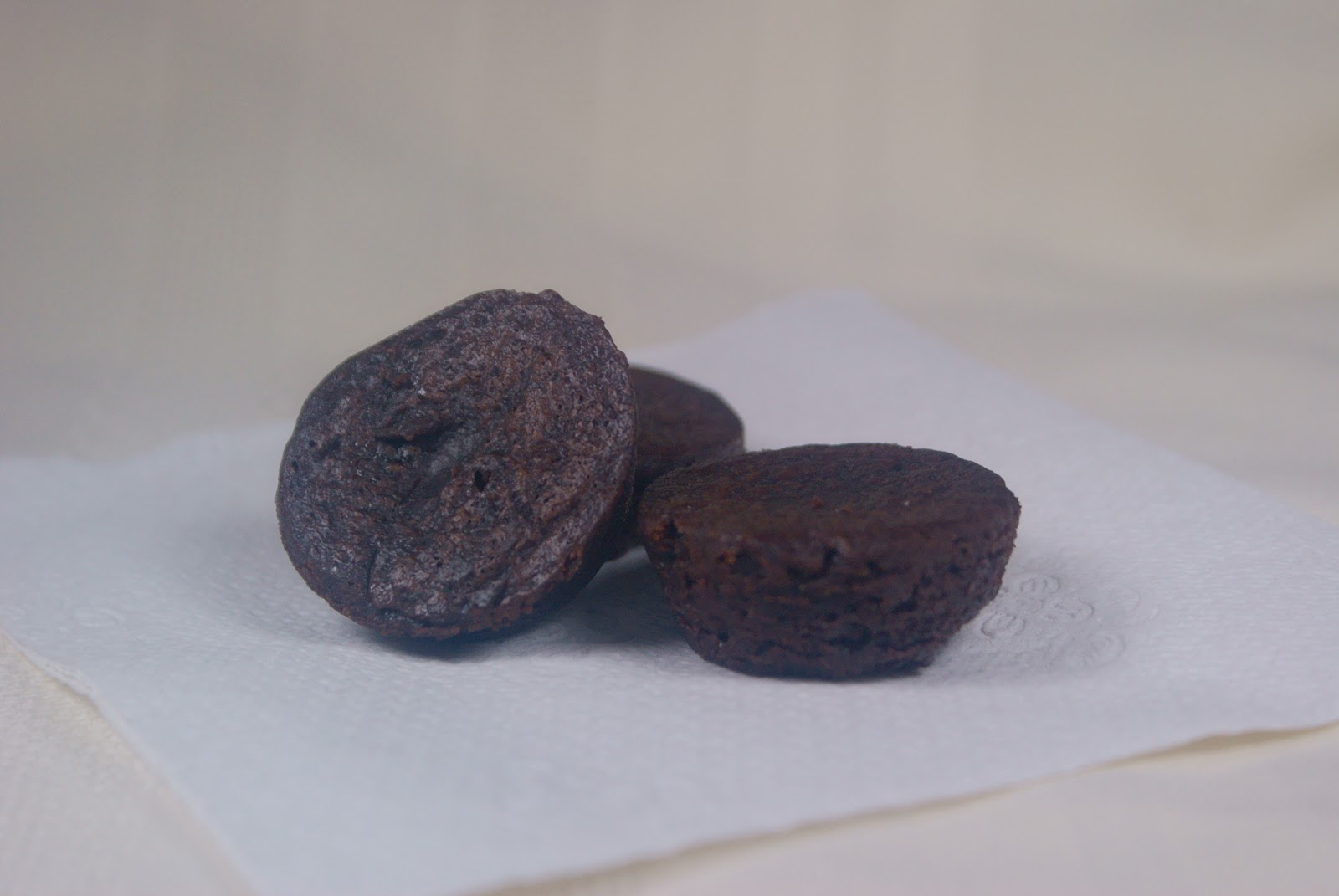
It could be very easy to embiggen everything in that department…

Story-At-a-Glance
Matt Cook here, and reach down and check your member for this particular bulge…
Because this bulge could be lowering your testosterone levels, according to this study.
And you don’t have to get a procedure to raise your T in this situation.
I’m showing you an even easier way…
—-Important Message From Aaron Wilcoxx—-
3 easy steps for staying ROCK-SOLID for HOURS

Your genetics DON’T limit boner quality and endurance.
Yes, really!
Even the top adult stars have a few tricks and methods up their sleeves to keep their performances at a high standard — and maintain complete control over their rockiness.
Today you’ve got the chance to hear from one of these experienced stars — Aaron Wilcoxxx, who has literally hundreds of adult movies behind him.
He’s put together a video explaining the simple 3-step method he uses to get and stay INCREDIBLY rocky — pleasing his beautiful co-stars for hour after sweaty hour.
No, it doesn’t involve any weird pumps or injections.
Embarrassing trips to the doctor could at last be history!
Achieve rock-solid, long-lasting erections with this “adult star-approved” solution
———-
Feel your member now – is this diminishing things down there?
A varicocele is caused by the enlargement of veins in the penis and scrotum.
Initial symptoms include pain or increased scrotum weight and size.
Varicoceles can be treated in a number of different ways — including by surgery.
The condition is known to affect fertility — but many don’t realize that varicoceles can have a huge effect on testosterone levels too.
This blood vessel disorder lowers testosterone significantly — enough to play a large role in mental and psychological issues, as well as health problems like cardiovascular disease.

The human research was carried out at the Department of Andrology, Ankur Health Care Private Limited, Rajajinagar, Bengaluru, India.
The paper was published by the International Journal of Endocrinology.
Varicoceles are a relatively common problem.
They affect 10 to 20% of men and are more common in older guys.
This research was carried out to understand the relationship between varicoceles and infertility…
But what they found about testosterone has wider implications for men’s health.
“Varicocele in infertile males is associated with Leydig cell dysfunction and hypogonadism. The effect of varicocelectomy on serum testosterone level is not yet established.“
The study recruited 200 men who had varicoceles.
All of the men in this study were also diagnosed with infertility.
The men were randomly split into two groups.
There were a hundred men in each group.
100 men underwent minor surgery to remove and repair the varicocele.
The remaining 100 men did not have the surgery.
They did however take part in other treatments designed to increase fertility.
“We analyzed 200 men with varicocele, they were divided into two groups: group 1 had surgery, and group 2 underwent assisted reproduction procedures.”
The researchers took a number of different samples from all of the men.
These samples were used to get information on fertility and hormones.
“Participants had semen analysis, levels of follicle-stimulating hormone, luteinizing hormone, prolactin and total testosterone measured.”
These tests were carried out before any treatments.
They were then repeated 6 months after the surgery, or 6 months after the start of the fertility treatments.
Varicocele surgery increased testosterone levels.
Average testosterone increased by 50% in men who had the surgery!
“In group 1, the mean total testosterone levels increased significantly after varicocelectomy.”
Testosterone levels went from 1.6 up to 2.4 after the surgery.
That meant that almost 80% of men with low testosterone were cured of low T by varicocele surgery.
“Out of 100 patients in the surgery group, 78 had post-operative normalization of testosterone levels.”
Quite an amazing result.
Even more so, when we compare that result against changing T levels in the men in the infertility treatment group — men who did not have surgery or any treatment for their varicocele.
Only 16% of men who did not have the surgery had normal T levels after doing 6 months of infertility treatment.
“78% had post-operative normalization of testosterone unlike only 16% of men in the infertility treatment group.”
Varicoceles are not just a painful condition. They don’t just hamper fertility. They lower testosterone — a lot.
“The serum testosterone level showed significant increase after varicocelectomy unlike the changes in the control group in our study.”
Testosterone is important for every part of the body — but men with low T suffer most with sexual, cardiovascular, motivation and neurological problems.
So many men suffer with low testosterone — and up to 20% of the male population have varicoceles.
This figure is higher in older men.
The implications of the negative effects of varicocele on men’s health are enormous.
Varicoceles should be treated as a serious health issue.
Whether or not surgery is the best treatment for varicoceles is the topic for another discussion…
But this research shows that they must be treated.
As a (perhaps unsurprising) bonus — varicocele treatment improved rockiness.
“It was also noticed that the study group in whom varicocelectomy was done noticed improved ‘rockiness’ postoperatively.”
You should always consult a healthcare practitioner about treating and diagnosing health-related problems.
—-Important Message for Men with Varicocele—-
Pop a Booster Bite to naturally raise T levels up to 73%

Men with varicocele (an enlargement of veins in the penis and scrotum) don’t have to get surgery to raise T levels…
I’ve found a way to raise T levels at home with just one bite!
And raising testosterone this way is natural and safe. There are no bad side effects to worry about.
Right now, thousands of men are raising T this way and they are doing it without pills, patches, or procedures.
I call these T-raising snacks Booster Bites and they taste pretty good.
And Booster Bites start working right away, unlike other T supplements that can take months to kick in.
———-

Men With Hypogonadism and Infertility? Analysis of a Prospective Study
https://pubmed.ncbi.nlm.nih.gov/22190930/
